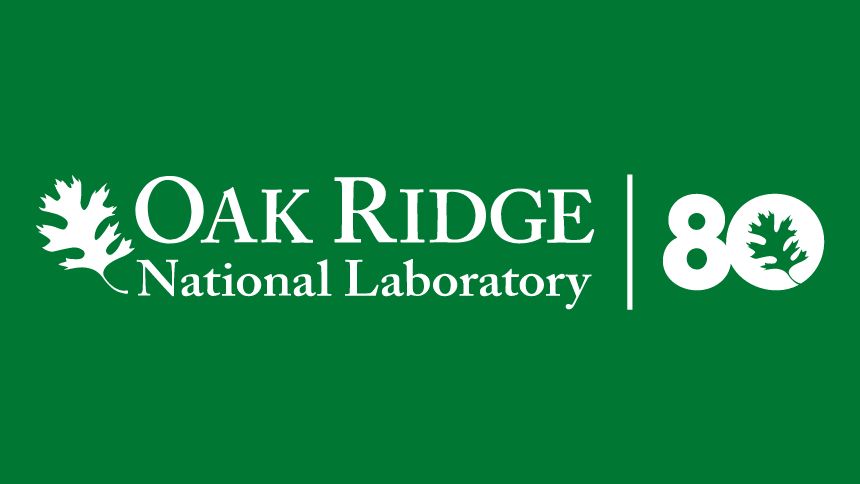
New carbon material sets energy-storage record, likely to advance supercapacitors
The newly created a carbon material pushed the boundary of energy storage for carbon supercapacitors to the next level.
Guided by machine learning, chemists at Oak Ridge National Laboratory (ORNL) designed a record-setting carbonaceous supercapacitor material that stores four times more energy than the best commercial material. A supercapacitor made with the new material could store more energy — improving regenerative brakes, power electronics and auxiliary power supplies.
“By combining a data-driven method and our research experience, we created a carbon material with enhanced physicochemical and electrochemical properties that pushed the boundary of energy storage for carbon supercapacitors to the next level,” said Chemist Tao Wang of ORNL and the University of Tennessee, Knoxville (UTK).
Wang led the study, published in Nature Communications, with fellow Chemist Sheng Dai, also of ORNL and UTK.
“This is the highest recorded storage capacitance for porous carbon,” said Dai, who conceived and designed the experiments with Wang. “This is a real milestone.”
The researchers conducted the study at the Fluid Interface Reactions, Structures and Transport Center, or FIRST, an ORNL-led DOE Energy Frontier Research Center that operated from 2009 to 2022. Its partners at three national labs and seven universities explored fluid-solid interface reactions having consequences for capacitive electrical energy storage. Capacitance is the ability to collect and store electrical charge.
Click here to learn more about the scientific breakthrough.
Like what you've read?
Forward to a friend!

